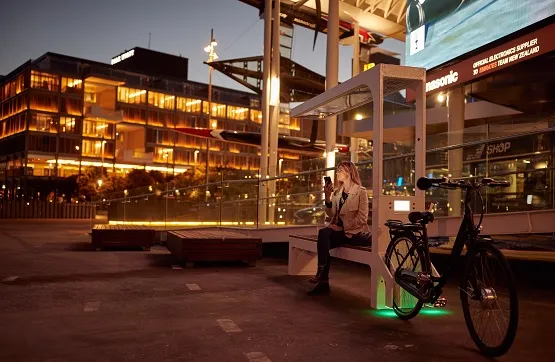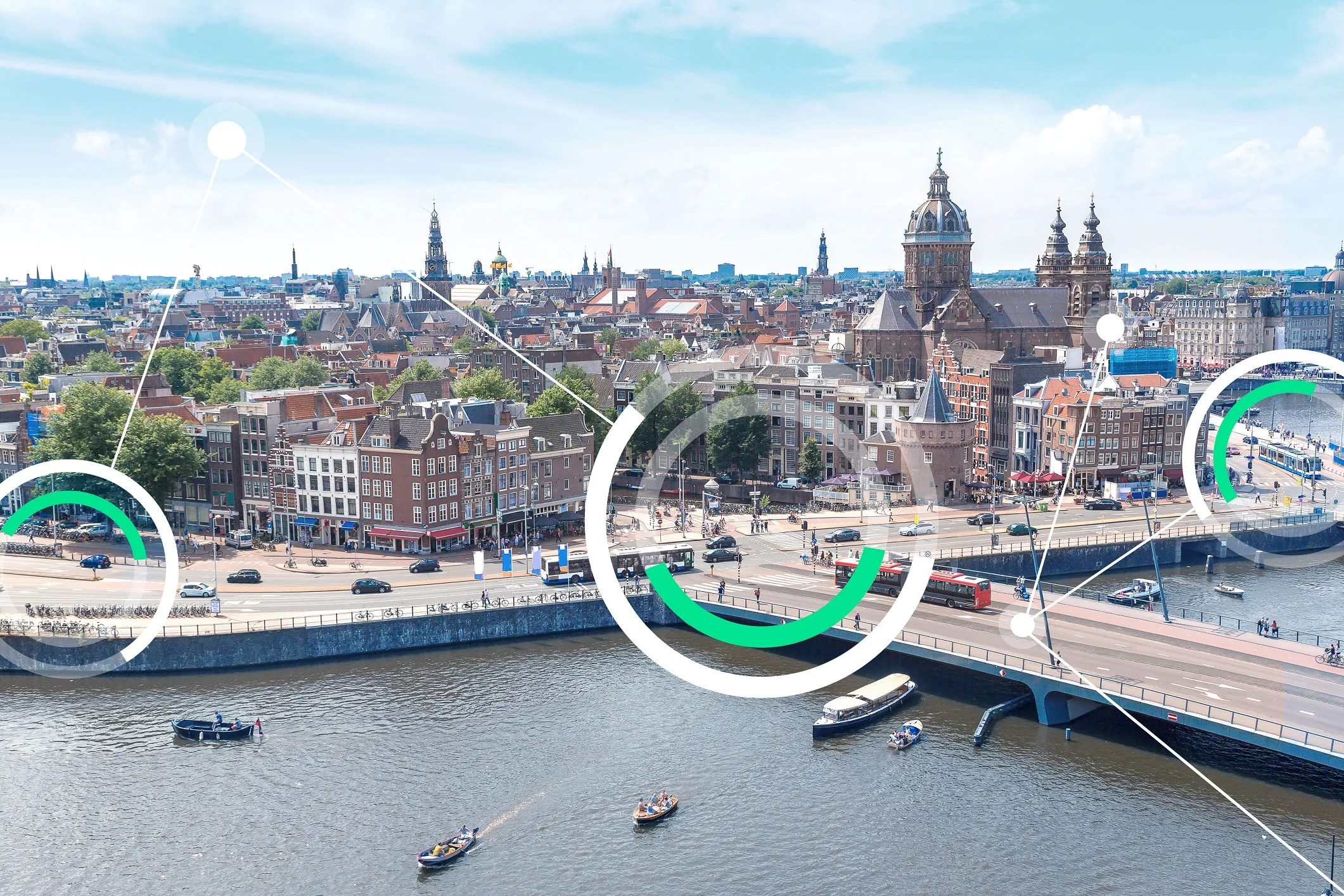
Westminster trials scheme to detect non-qualifying motorists using disabled parking bays.
The provision of disabled parking bays has become commonplace - but so has the abuse of these bays by able-bodied motorists. Now, London’s Westminster City Council is running a trial of technology that detects when a vehicle is illegally parked in a disabled bay.
Westminster has been running a pilot scheme with 3,400 on-street parking bays equipped with in-road sensors to detect if the bay is occupied. Through the use of the council’s ParkRight app, drivers can identify vacant spaces and pay for parking. Over the past year this system has slightly reduced the average time taken to locate a parking space while increasing payment compliance and the utilisation of undersubscribed bays. Furthermore, according to Kieran Fitsall, head of Service Improvement with Westminster City Council, it has led to a rebalancing of parking demand by guiding motorists to the quieter areas, resulting in 18% fewer ‘busy’ streets.
There are resident parking schemes for on-street parking across much of Westminster and the council also has a policy of allocating qualifying disabled drivers with a dedicated parking bay close to their accommodation. While residential parking schemes are not included in the initial trial, there was a reoccurring problem of able-bodied drivers parking in disabled parking bays with 502 non-qualifying vehicles being ticketed last year at the resident disabled bays.
New Zealand-based
Westminster has around 750 disabled parking bays with 244 allocated to individual users. For the trial, sensors have been installed in 64 of the 244 bays and the individual disabled drivers issued with RFID tags.
Funding has come from the city council’s parking fund and also from Transport for London’s Future Streets Incubator fund which champions new transport ideas. The pilot project is set to last around eight weeks, and evaluation will be carried out to inform a decision on a city-wide roll-out.
One participant, told ITS International: “Despite the disabled parking sign, each time I went out, when I returned another car would be parked in my space. And these were vehicles displaying resident parking permit holders – so they were my neighbours who must have known I’m disabled. I would have to wait for up to 40 minutes for them to move their vehicle so I could park and it was such a problem I was avoiding going out in my car.”
Since the bay was instrumented and new signage erected, only once has there been a vehicle occupying the dedicated bay – a van driver eating a sandwich who was happy to move on. “It is absolutely brilliant - I can’t think of a better system. I really hope the trial proves successful and it is adopted full time.”
According to Smart Parking’s solutions architect Martin Hooker who devised the adaptation, there is scope to reduce the size of the prototype RFID tags and they could be embedded in the ‘white disc’ the Council supplies to all its registered disabled residents. A widespread issuance of tags to disabled drivers with dedicated bays could enable all individually assigned disabled bays to be remotely monitored to ensure they are not occupied by able-bodied drivers’ vehicles.
Furthermore, he says it would be possible to install the technology in off-road parking such as shopping centres to enable the operator to monitor the occupancy of disabled bays and release some on for short-term parking while maintaining a suitable provision for disabled drivers.









